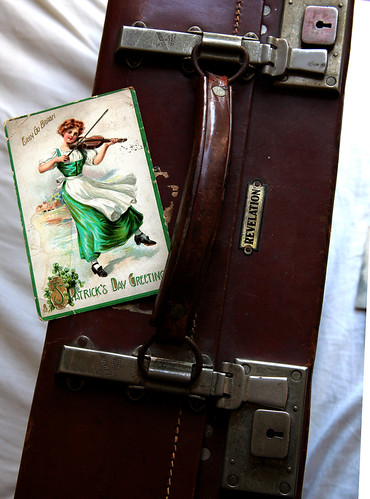
I was reading a thread in an online forum and noticed that several people replied to a particular comment with that ubiquitous, one-size-fits-all adjective: 'Cool'. I have occasionally done so myself and can understand its attraction: a pleasantly retro, street-smart throwback to the Beats, or earlier, to the 'stay cool' 1950s, the jazzy 40s. It is one of those words with a variable temperature, depending on its user's tone of voice: from (often high pitched) red hot, gorgeous, superb, 'wicked', etc. to (flat, low-pitched) lukewarm, so-so, okay, a shorthand for 'can we talk about something else now?'
Reading about it on the excellent World Wide Words, I was only slightly surprised to learn that its roots (as a slang term) can be traced farther still,'a subtle transformation of a standard English form that goes back to Beowulf, in a rather literary metaphor for being unexcited, calm or dispassionate.' Apparently it resurfaced and became fashionable in the 18th Century, with those still-used phrases 'cool as a cucumber' and 'keeping a cool head', and began to shift into its current (more positive) meaning in the mid 20th century.
I think a large part of its attraction is in the sound, that refreshingly breezy double-vowel blowing through two portholes, and its tactility: hinged shut on the tip of the tongue's L, like licking a stamp, posting a seal of approval.
Fine and dandy, but I'm a little weary of its ubiquity. In fact, I've probably been weary of it for decades, like the American-Irish cousin I once shared a house with in the 1970s; whenever some visitor thought something 'really cool', my cousin's zippy retort was invariably 'Yeah, man, put it in the ice-box!' So, to resurrect an anachronistic antonym from the deep-freeze, I'm beginning to find 'cool' distinctly uncool.
